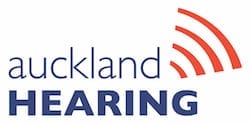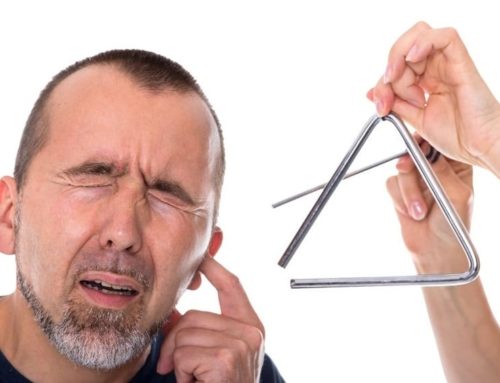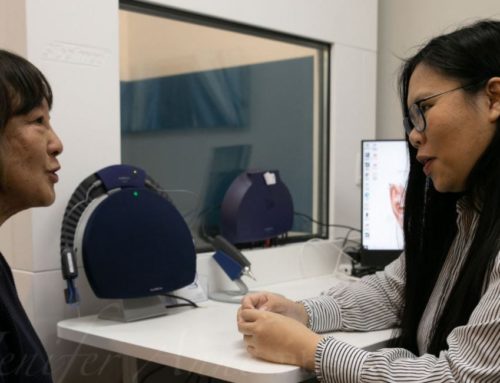5 Steps to hearing aids
The first and hardest step for many is the first one, making an appointment for a hearing test. Research has shown it takes people 7 to 10 years to do something about their hearing loss. Of course, while you are getting used to the idea that you may have some hearing loss, you are missing conversations and connections with people every day.
Adapting to hearing loss by changing the way you live your life
When you have hearing loss, the people around you adjust to your hearing loss so they can communicate with you. Friends and family learn they need to speak louder so, they do not have to repeat themselves. As time goes by, they may choose not to share incidental comments. You may start to make different decisions on how you will use your time (like avoiding social situations and communicating less). Hearing loss impacts the way you live your life. There is also a lot of new research showing other long-term effects of hearing loss when it is left untreated.
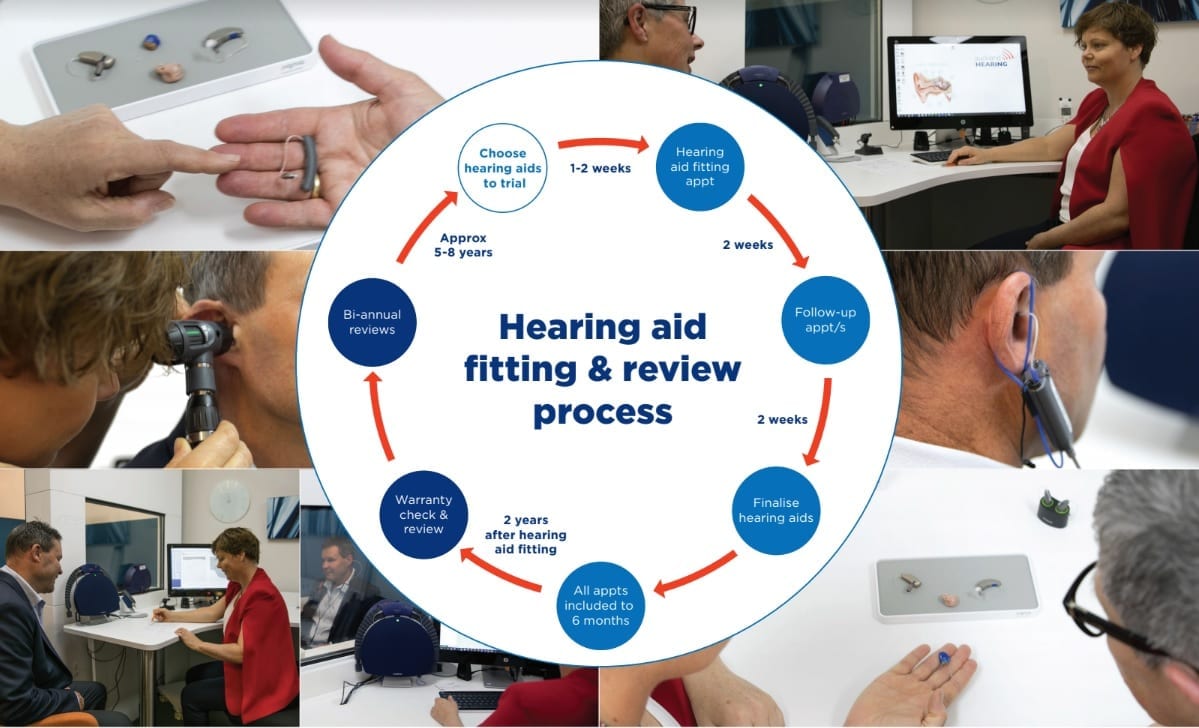
Diagram showing the process an approximate timeline for the life cycle of a pair of hearing aids
Step 1: Book a time to see us
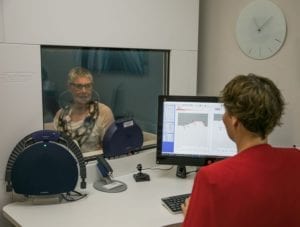
Having a hearing test
The first easy step is to have a hearing test. The hearing test will give you a clearer idea about your type and degree of hearing loss and how this is affecting the way you live your life. For example; your hearing test may explain why you can hear some sounds as well as everyone else; but you can’t follow the conversation when it is noisy. At this point, we will also suggest your options for help with your hearing, and if we need to refer you to a medical specialist, we will look at this point.
The next question is “Do you need hearing aids?”. Your audiologist will let you know if your hearing is in the range where hearing aids will help and your family may also have an opinion on you getting help with your hearing. However, it is essential that once you decide to get hearing aids that you are taking this step for yourself. It is true that other people in your life are probably affected by your hearing loss. However, it is better for everyone if getting hearing aids is your choice.
Step 2: Hearing Assessment & Discussion
A full diagnostic hearing test will clarify your hearing levels and help identify possible causes of your hearing loss.
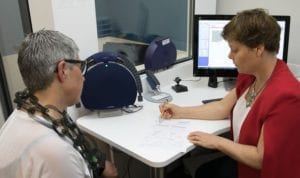
Explaining the hearing test
The cause of hearing loss can be:
- conductive – A blockage reduces sound from passing through the outer or middle ear causing hearing loss
- sensorineural – where the cochlear is not able to detect all the sounds
- an auditory processing disorder (APD) – where the brain cannot process the sound that is detected by your ears.
Your Audiologist will discuss your test results. If there is hearing loss, we will let you know why it is affecting your ability to understand people speaking; even though you can hear some sounds easily. At this point, we will refer you on to any other professionals, for further assessment or management, if needed.
If you are interested, we will tell you a bit about hearing aids and possible options that might suit you. You can even have a listen through some hearing aids.
Step 3: Needs Assessment
Once you have decided to learn more about hearing aids, we will go through your needs assessment process. We will ask you questions about your lifestyle and hearing challenges. From here, we can decide on the hearing aid features and level of technology that suits you best. At this point, we create a list of situations where you would like to hear and communicate better. When choosing hearing aids for you, we take into account your:
- Hearing loss and other physical factors
- Lifestyle and your hearing needs
- Preferences, i.e. what the hearing aid will look like or specific functionality
- Funding and budget – you may be eligible for funding from a government agency

Finding out about your hearing needs
Grant Waldrom – Orewa
Your hearing aid trial
Once you have decided to trial hearing aids, the process usually takes four to six weeks. The eight-week trial period allows you to be confident that you hear well with your hearing aids in various listening environments. Depending on your type and degree of hearing loss, it takes a few days to a few weeks to adjust to hearing sound again. Eight weeks is plenty of time for you to go through the adaptation process and get used to your new hearing aids.
Hearing aids are always paid for in full before taking them home. If you decide that hearing aids are not for you, you can hand them back within the eight-week time frame. If you do, you will be refunded the cost of the hearing aids minus the deposit (which covers some of the time we spent with you). We also have the option of changing to other hearing aids at this time if needed.
Step 4: Hearing Aid Fitting Appointment
Our main goal at the fitting is to get you comfortable with the sound and management of your new hearing aids. We will:
- Calculate the sound required and program your hearing aids specifically for your hearing loss.
- Do real-ear measures – use a small soft microphone to measure the sound in your ear canal. Real-ear measures verify that the hearing aids have the right amplification to compensate for your hearing loss.
- Discuss the management of hearing aids, including, putting them in your ears, adjusting them, setting up remote control apps on your phone, cleaning and care and using the phone
- Talk to you about how it takes time to adjust to hearing sound again and the importance of wearing the hearing aids as much as you can.
- Book the follow-up appointment – in 1 or 2 weeks.
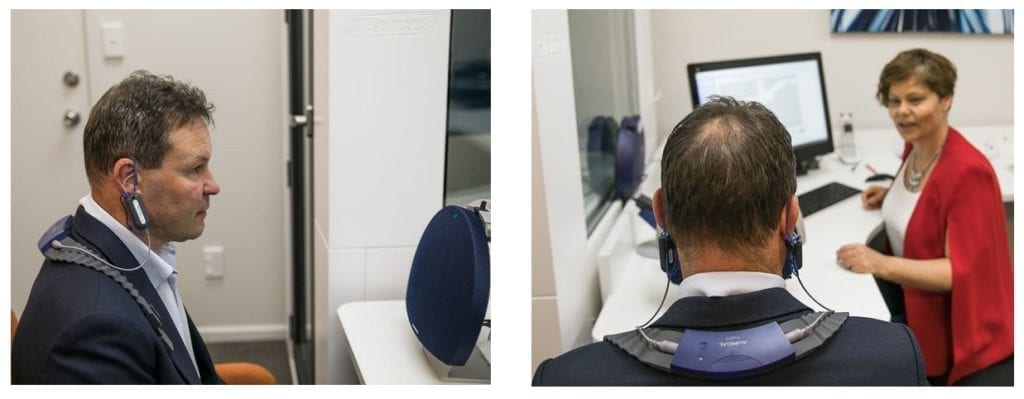
Hearing aid fitting – with real-ear measures
Follow up appointments
Follow up appointments allow us to check how you are going with the hearing aids and make adjustments, as required. Usually, people have got used to the initial settings of the hearing aids and are ready for a clearer sound. The number of follow up appointments required will vary for different clients.

Follow up appointments
Step 5: Finalising your hearing aids and ongoing care
Finalising means that you are happy with your hearing aids and have decided you want to keep them. We will not schedule another appointment at this time. However, you are welcome to contact us again if you have further questions or need adjustments to your hearing aids.
6 Months of appointments included
We include all the appointments up until 6 months in your initial fitting fees. That way, we can make sure your hearing aids are working well for you.
Ongoing care of your hearing and hearing aids
Warranty repairs
It is worth having your hearing aids sent off for a check over before your warranty expires. We will contact you before your warranty expires, so you can bring your hearing aids in and we will send them off. In many cases, the hearing aids are replaced or repaired under warranty, giving you refurbished hearing aids moving forward.
Bi-annual hearing test and hearing aid adjustment appointments
We will send you an email each year, asking how you are going with your hearing aids. Every two years, we will recommend a bi-annual review. We recommend you have a hearing test and hearing aid adjustment every two years, or sooner if you notice a change in your hearing. At your hearing test and hearing aid adjustment appointment, we will test your hearing and adjust your hearing aids to your current hearing levels.
We will also check your hearing aids over and make sure they are working as they should. If your hearing aids are not working as expected, we will send them off for repair. These appointments ensure you continue to hear as well as possible with your hearing aids.
Maree contacted me recently, and I went in for another check where she gave my hearing aids a tune-up to maintain their efficiency. With my slowly deteriorating hearing, I hadn’t noticed I didn’t hear as clearly as before. I was surprised at how much more I could hear once my hearing aids were adjusted. Excellent service indeed!
Max Ross- Auckland CBD
Replacing your hearing aids
Traditionally hearing aids lasted about 4-5 years as they would be affected by wax, moisture, dust and dirt. Now, most hearing aids are covered by high tech coatings that make them much more resistant to moisture.
Hearing aid lifetime – It is not possible to tell how long these current aids will last but with proper care possibly 6-8 years. You will need regular hearing assessments and adjustments over that time to keep them working the best for you.
Insurance – Please list your hearing aids on your insurance policy just in case they get lost or something happens to them.
As an Auckland Hearing client, you will become part of our Auckland Hearing community. As long as you are interested, we will keep you up to date about the hearing world from hearing care to the latest hearing aids.
Please feel free to browse among the other articles about hearing loss and hearing aids.
A bit about Auckland Hearing
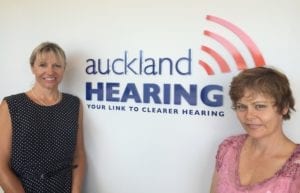
Anna and Maree – At Auckland Hearing
Auckland Hearing is an independent hearing aid and audiology clinic set up by Maree O’Sullivan. Maree
has worked in Audiology for nearly 25 years and started Auckland Hearing so she could focus on the needs of each client (rather than corporate profits).
We provide a full range of hearing services and work with all of the Ministry of Health approved hearing aid brands in New Zealand. This means we can fit the hearing aids that best suit your needs.
